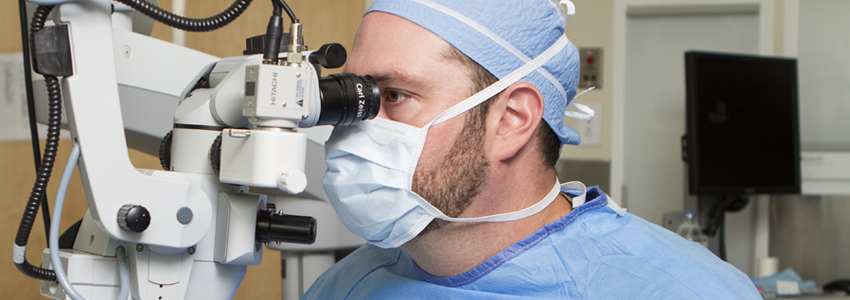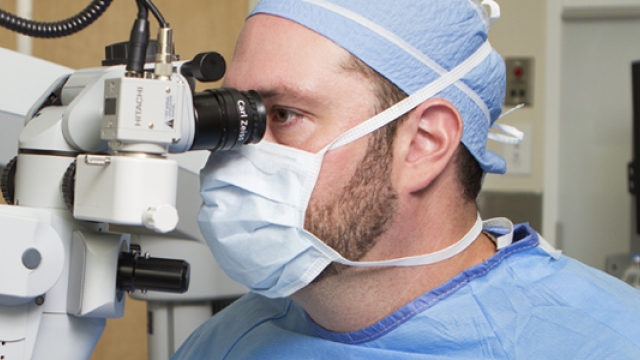In a world where our sight is truly priceless, the field of ophthalmology stands as a beacon of hope and innovation. From diagnosing and treating eye diseases to improving vision through surgical interventions, ophthalmologists dedicate their expertise and skills to safeguarding one of our most precious senses. With a keen focus on areas such as diabetic eye screening, retinopathy, and glaucoma, ophthalmology remains at the forefront of medical advancements, continually pushing the boundaries of what is possible in the realm of eye care. Let us delve into this visionary world, where the pursuit of optimal vision is paramount.
Diabetic Eye Screening
Glaucoma
In the field of ophthalmology, one particular area of focus is diabetic eye screening. This crucial aspect of eye care aims to identify and manage any potential eye complications that may arise as a result of diabetes.
Diabetes can lead to a condition known as retinopathy, which affects the blood vessels in the retina. It is important to catch this condition early on, as untreated retinopathy can lead to permanent vision loss. Diabetic eye screening plays a vital role in detecting retinopathy at its earliest stages, allowing for timely intervention and treatment.
Moreover, the screening process also helps in detecting another common eye condition called glaucoma. Glaucoma is characterized by increased pressure within the eye, which can cause damage to the optic nerve and lead to vision loss. Regular diabetic eye screenings enable ophthalmologists to identify signs of glaucoma early on, thus opening the door to effective management and preservation of vision for diabetic patients.
By highlighting the importance of diabetic eye screening, ophthalmology professionals are able to emphasize the significance of routine eye exams for individuals with diabetes. This preventive approach not only aids in preventing vision loss but also allows for better overall diabetic management, reducing the risk of complications. Through regular screenings, individuals can keep their eyes on the prize of healthy vision and proactively address any potential eye health concerns that may arise as a result of diabetes.
Understanding Retinopathy
Retinopathy is a condition that affects the eyes, specifically the retina, which is responsible for capturing and transmitting visual information to the brain. It is a common complication in people with diabetes, and it occurs when high blood sugar levels damage the small blood vessels in the retina.

One of the main reasons why retinopathy is so concerning is that it often develops without any noticeable symptoms in its early stages. This means that individuals may not even be aware that their vision is at risk. Regular diabetic eye screenings are crucial in detecting retinopathy early on, enabling timely intervention to prevent further damage.
When retinopathy progresses, it can lead to vision loss and even blindness if left untreated. The damaged blood vessels in the retina can leak fluid or blood, causing the retinal tissue to swell and distort vision. In severe cases, abnormal blood vessel growth may occur, increasing the risk of retinal detachment.
Glaucoma is another eye condition that can often accompany retinopathy. It is characterized by increased pressure within the eye, leading to optic nerve damage and vision loss. The coexistence of retinopathy and glaucoma can significantly impact a person’s visual health and requires specialized care from ophthalmologists.
In conclusion, retinopathy is a serious eye condition that commonly affects individuals with diabetes. Regular diabetic eye screenings are pivotal in identifying retinopathy early on, allowing for prompt treatment and prevention of further deterioration. If left untreated, retinopathy can severely impair vision, underscoring the importance of proactive monitoring and management by trained ophthalmologists.
The Impact of Glaucoma
Glaucoma is a serious eye condition that can have a significant impact on a person’s vision and overall quality of life. In this section, we will explore the effects of glaucoma and the importance of early detection and treatment.
One of the most concerning aspects of glaucoma is that it often develops slowly and silently, without causing noticeable symptoms in its early stages. This can make it difficult for individuals to realize that they have the condition until irreversible damage has occurred. If left untreated, glaucoma can lead to permanent vision loss and even blindness.
The main cause of vision loss in glaucoma is the damage to the optic nerve, which is responsible for transmitting visual information from the eye to the brain. As the disease progresses, the optic nerve becomes increasingly damaged, resulting in a gradual loss of peripheral and, eventually, central vision.
Early detection is crucial in managing glaucoma and minimizing its impact. Regular eye exams, including tests to measure intraocular pressure and assess the health of the optic nerve, can help detect the condition in its early stages. By identifying glaucoma early on, healthcare professionals can implement appropriate treatments to slow down or halt the progression of the disease, preserving the patient’s vision.
In conclusion, glaucoma is a sight-threatening condition that can have a profound impact on an individual’s eyesight. Timely diagnosis and management are essential in preventing vision loss and maintaining good eye health. Regular eye screenings, especially for those at higher risk, such as individuals with diabetes or a family history of glaucoma, are crucial in detecting glaucoma early and ensuring appropriate interventions are initiated.


